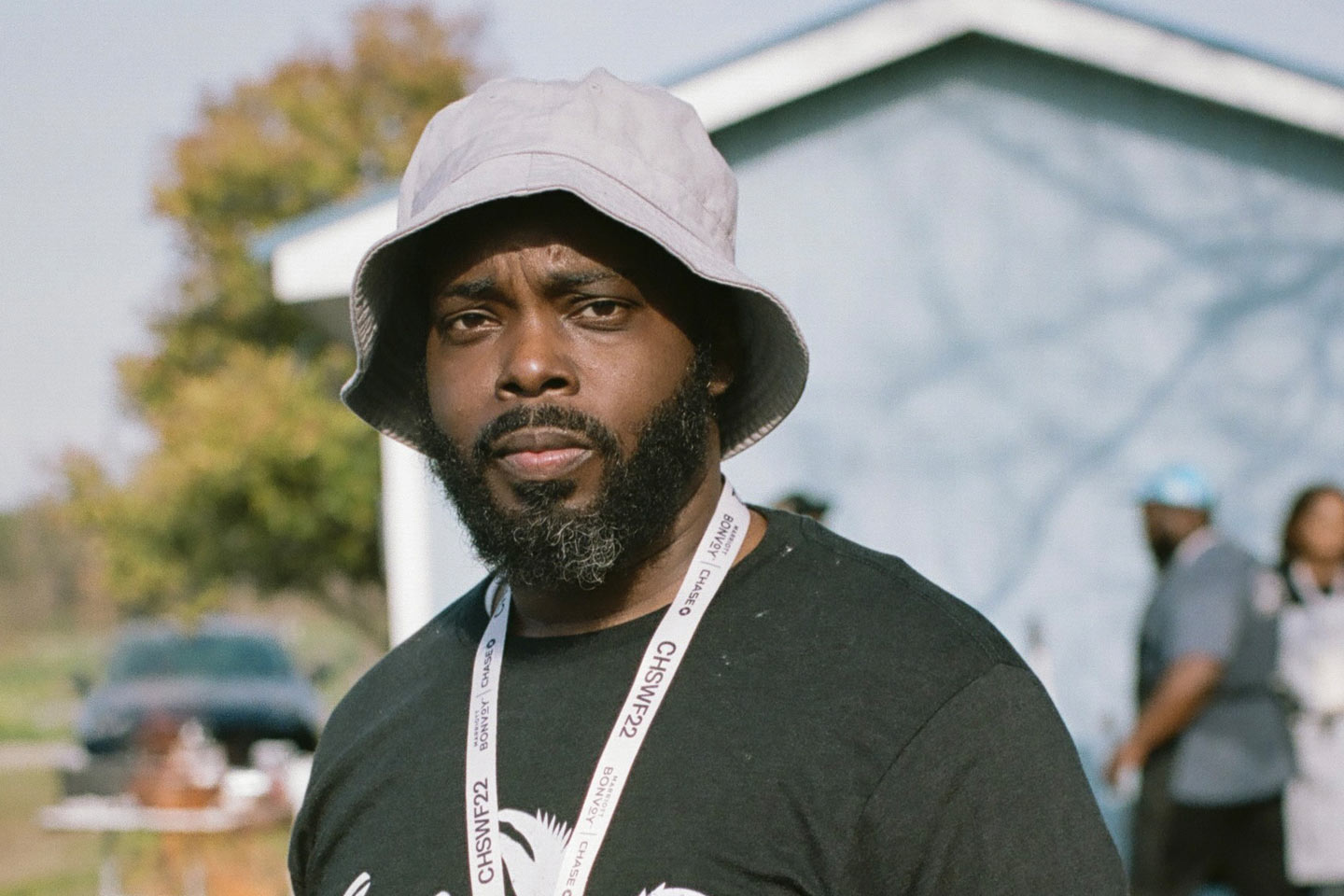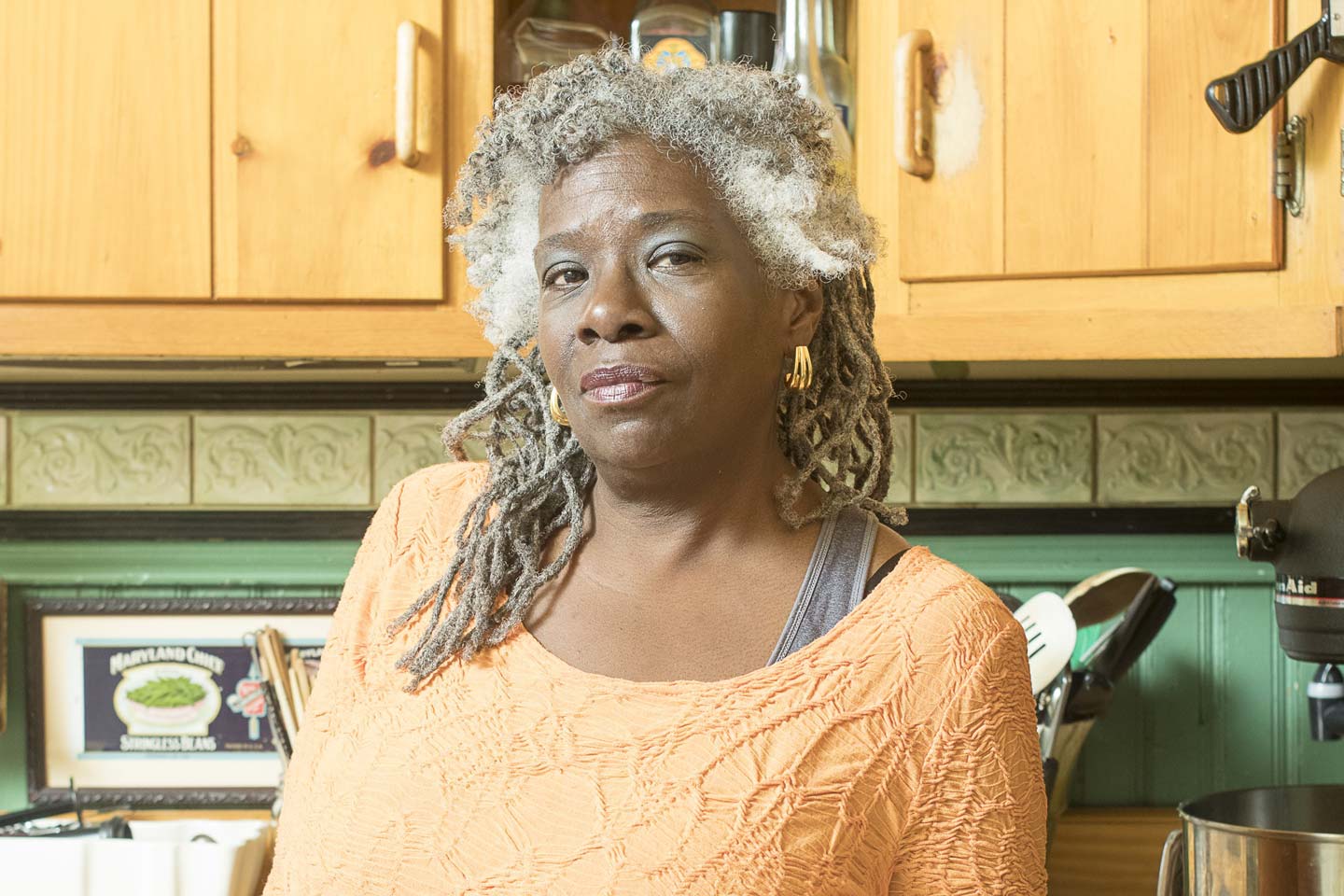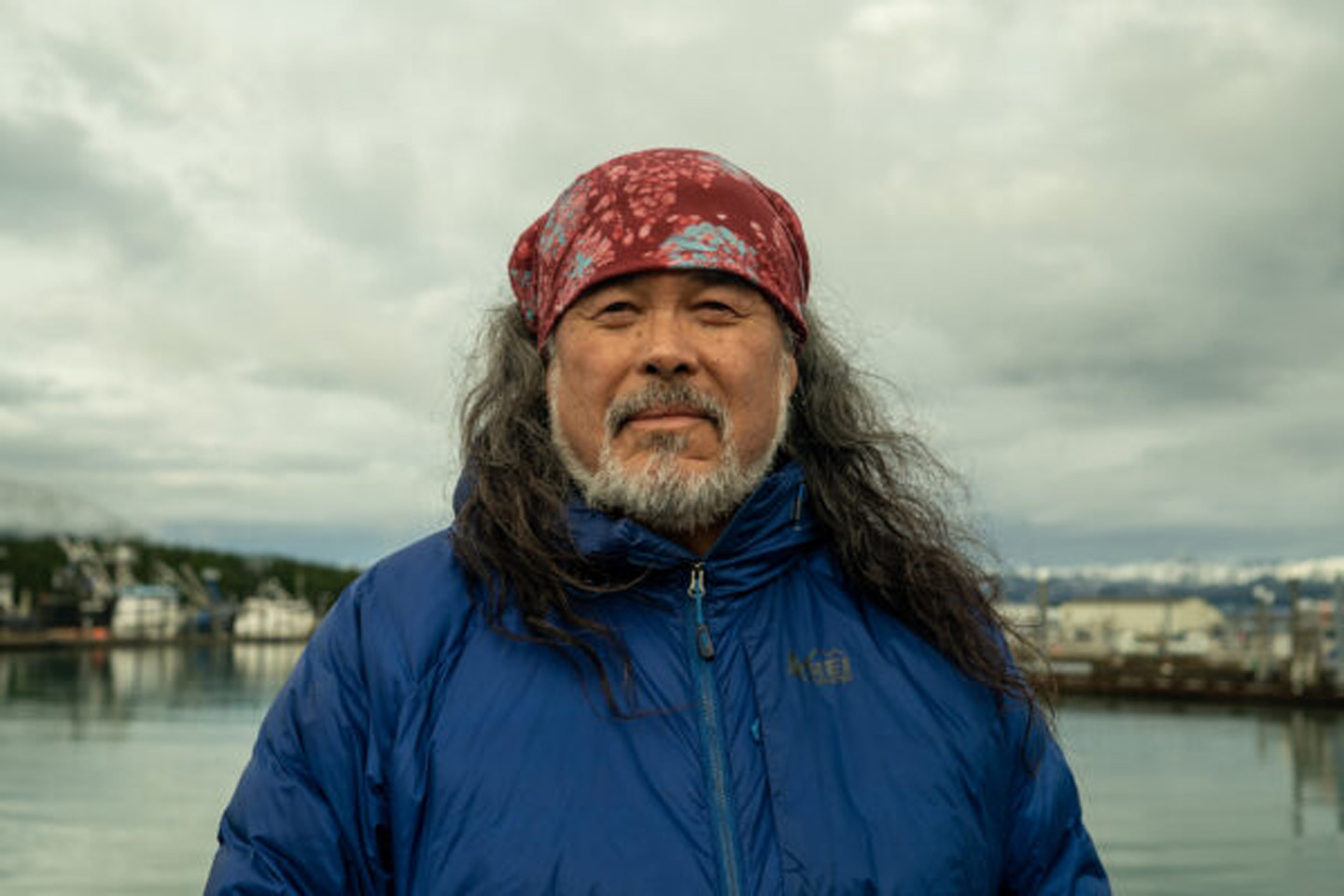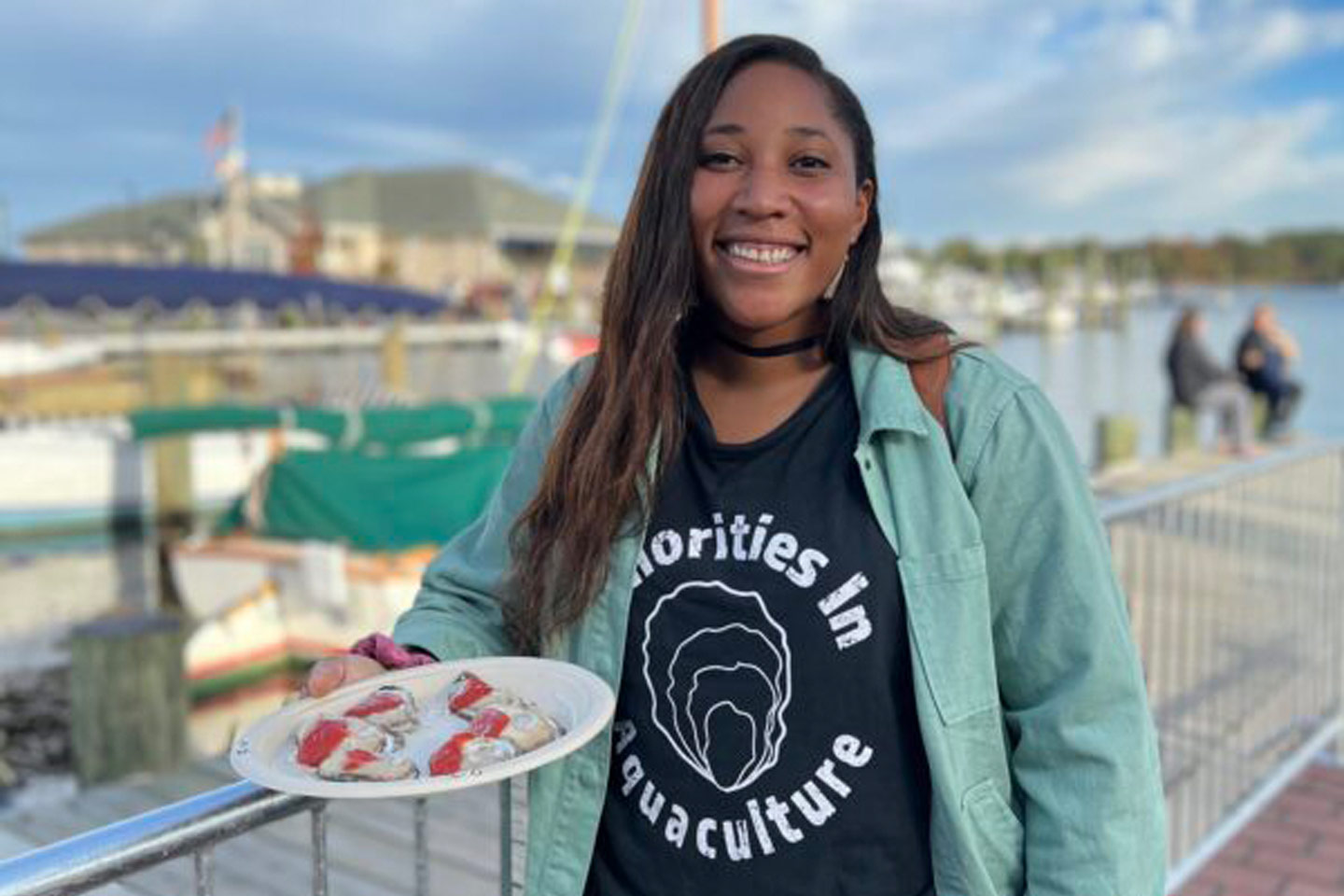BJ Dennis
he/him Chef Charleston, S.C.

Chef BJ Dennis is a chef, gardener and one of the world’s best-known ambassadors of Gullah foodways and culinary history. Through pop-ups and collaborations, he connects chefs, farmers, the media and diners to the importance of the Gullah Geechee and their present-day implications. He is one of the only cultural preservationists of Gullah and Geechee foodways — cultures that are disappearing because of gentrification, land loss and environmental challenges. He’s worked as a bridge between the Gullah community and the global restaurant community, including Anthony Bourdain, Sean Brock and Mashama Bailey.
Dennis’ ancestral knowledge of the land, farming and preservation traditions are integral to maintaining Gullah Geechee culture. He developed an interest in professional cooking when he worked as a dishwasher and busboy in Charleston’s kitchens and later studied culinary arts and gained experience in local restaurants. In 2004, he spent four years in St. Thomas and the U.S. Virgin Islands studying Caribbean culinary traditions. Today, he works with local farmers in and beyond South Carolina, especially Black farmers in the rural south, on heritage seed saving. He takes a hands-on approach to work on farms, in the kitchen and with young people as he seeks to learn and share wisdom across generations.
His advocacy and education efforts also extend beyond the kitchen to the land and sea. Sourcing from local farmers and fishermen, Dennis highlights ingredients that have been staples of Gullah Geechee cooking for generations. He works with Carolina Gold rice, the most well-known heritage grain of the Lowcountry, and Sea Island red peas, an heirloom legume traditionally grown on the Sea Islands of South Carolina and Georgia. He regularly uses benne, a sesame seed brought to the region by enslaved West Africans and historically used in everything from cooking oil to stews, as well as Guinea corn, a variety of flint corn used for grits and cornbread that ties back to early grain milling practices in the region.


